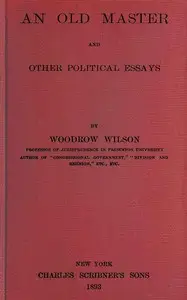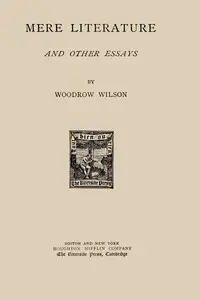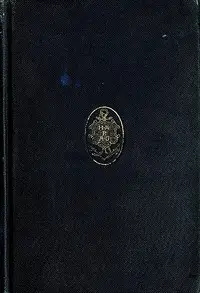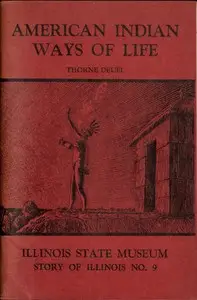"Why we are at war: messages to the Congress, January to April 1917" by Woodrow Wilson is a historical account that captures the pivotal messages delivered by the U.S. President during a significant turning point in world history, specifically as the United States was contemplating entering World War I. Written in the early 20th century, the book compiles Wilson's communications to Congress, where he articulates the rationale for going to war against Germany and emphasizes the importance of democratic values, rights of humanity, and international cooperation for lasting peace. In this collection, Wilson expresses his deep concerns regarding Germany's unrestricted submarine warfare, which jeopardized American lives and commerce, compelling him to seek a declaration of war. He outlines the necessity of the U.S. entering the conflict not merely to defend its interests but to advocate for global principles of democracy, justice, and human rights. Throughout his messages, Wilson calls for collective action and emphasizes the importance of establishing a framework for peace post-war, highlighting the role the U.S. must play in ensuring that future conflicts are resolved through cooperation rather than aggression. The book encapsulates Wilson's vision of a world united for peace, emphasizing that the U.S. has a duty to uphold and defend these ideals in the face of authoritarian threats. (This is an automatically generated summary.)

Why we are at war : $b messages to the Congress, January to April 1917
By Woodrow Wilson
"Why we are at war: messages to the Congress, January to April 1917" by Woodrow Wilson is a historical account that captures the pivotal messages deli...
Genres
Released
2004-11-01
Formats
epub (images)
epub
mobi (images)
epub3 (images)
mobi
Free Download
Overview
About the Author
Thomas Woodrow Wilson was the 28th president of the United States, serving from 1913 to 1921. He was the only Democrat to serve as president during the Progressive Era when Republicans dominated the presidency and legislative branches. As president, Wilson changed the nation's economic policies and led the United States into World War I. He was the leading architect of the League of Nations, and his stance on foreign policy came to be known as Wilsonianism.
Total Reviews
10.0k
Total reviews from Goodreads may change


















